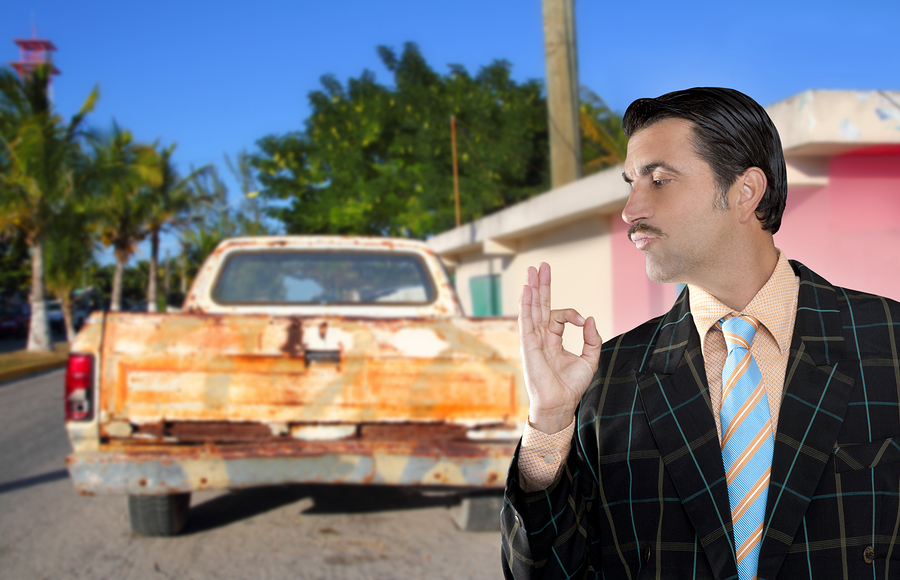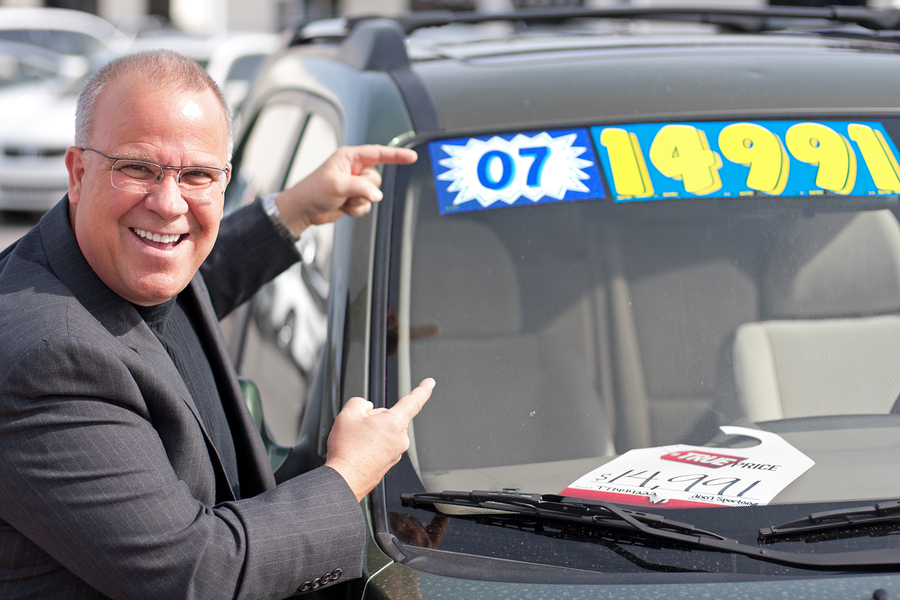by Greg Hague
 “I had everything I dreamed but wasn’t as happy as when I only had dreams.”
“I had everything I dreamed but wasn’t as happy as when I only had dreams.”
When I was a kid, I was convinced life would be perfect when I could buy my first Porsche (a black Targa to be precise).
Burning up the road, making my friends jealous, and trying to impress girls; what more could a guy want?
Dad was in real estate and I quickly saw the big money in selling homes. So at 18 I took the exam, got my real estate license and started selling while in college at Miami University.
Fast forward – middle age. Real estate had treated me well. That black Porsche Targa had come and gone. I had run through an array of homes, cars, motorcycles, boats and planes. As soon as I became bored with one I bought another.
These days I look back and realize I wasn’t buying because I wanted the thing…I was buying because I needed some thing to do. At one point I accumulated so much motorized crap that I “hired” one of my sons to keep all the batteries charged.
I had everything I dreamed but wasn’t as happy as when I only had dreams.
Then, on a Saturday motorcycle ride, my friend, Bruce, made a comment that changed my perception.
“Greg, do you know why rich people aren’t happy?” he asked.
I gave him a skeptical look, waiting for the punchline of what was sure to be a joke.
But Bruce wasn’t joking…
He continued, “Of course, not all wealthy people are unhappy, but many are because they’ve forgotten what happiness is.”
“So what is it?” I asked.
“It’s three things, actually. Happiness is the deep sense of satisfaction that comes from the enthusiastic pursuit of a worthwhile goal of your own choosing.“
Bruce emphasized the key points:
* The goal needs to get you excited (enthusiastic pursuit).
* The goal needs to be worthwhile (not something trivial like an everyday errand).
* The goal must be something you choose (not something you must do, something you want to do).
I got the point. It was the difference between short term pleasures and long term purpose.
Chocolate cake, Porsches and vacations are great, but when it comes to life, they’re icing, not cake. They’re rewards, not pursuits. While they can add to happiness they don’t make happiness.
Today’s Takeaway:
Being better off is better. But it should be more about the freedom to pursue purpose than the bucks to buy stuff.

















